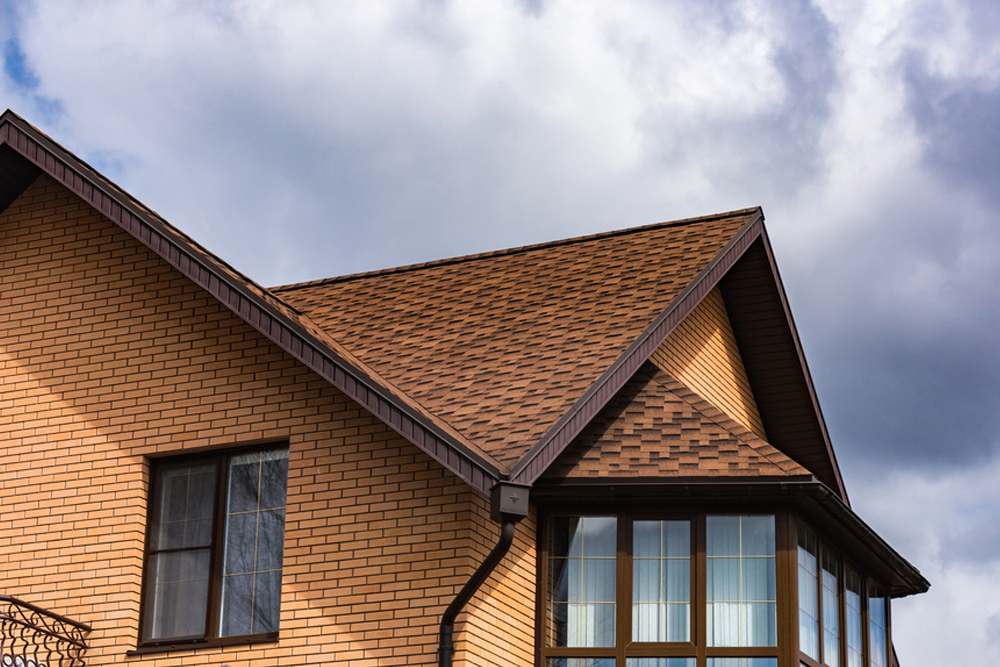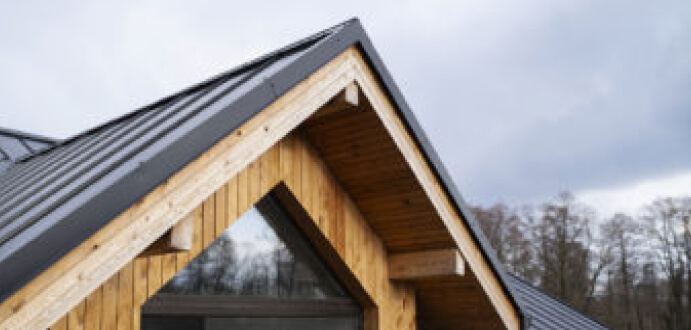A Closer Look At Standard Roofing Warranty Coverage

A new roof is a major investment, and a roofing warranty helps protect that investment for many years. This written protection gives homeowners confidence that their roof is covered against specific problems.
Still, many people do not fully understand what a warranty includes, how long it lasts, or where its limits begin. A warranty is more than a piece of paper. It is an agreement that plays a critical role in the lifespan of a roof.
What A Roofing Warranty Is Meant To Do
A warranty is a written promise about the quality and performance of materials or workmanship. When a new roof is installed, the warranty is the assurance that it has been done correctly and that the materials used will perform as expected.
There are two main types of warranties. One comes from the manufacturer of the roofing materials, and the other comes from the contractor who installs them.
A manufacturer’s warranty usually applies to defects in shingles or other roofing products. If the product fails because of a factory issue, the manufacturer is responsible for repair or replacement. A workmanship warranty is provided directly by the roofing contractor and protects against installation errors. Since even the highest-quality shingles can fail if improperly installed, this coverage is equally essential.
How Long A Standard Roofing Warranty Lasts
The length of a roofing warranty can vary widely. Some material warranties cover up to 20 years, while others extend 50 years or longer.
Workmanship warranties, in contrast, are usually shorter, often ranging from just a few years to a decade, depending on the contractor. The duration of coverage often reflects both the confidence in the roofing materials and the skill of the installer.
It is important to remember that a roofing warranty rarely covers the entire lifespan of the roof. Homeowners need to understand the timeline of protection before relying on it.
Many warranties also come with limited coverage. For example, some may cover the cost of materials but not the labor to install them, while others reduce their level of coverage after a certain number of years. Taking time to read and understand these details upfront helps prevent surprises later.
What A Roofing Warranty Usually Covers
Standard roofing warranty coverage typically includes protection against defects in shingles, underlayment, or other roofing components. If materials fail sooner than expected due to a defect, replacement may be covered. Workmanship warranties, meanwhile, often protect against installation-related issues, such as leaks caused by improper sealing.
However, warranties do not typically cover damage from storms, fallen trees, or neglected roof maintenance. This is where confusion often arises. A roofing warranty is a safeguard against material flaws and installation errors, not a blanket insurance policy for every possible issue.
Weather damage and other external problems are usually handled through homeowner’s insurance rather than the warranty itself.
Common Limits In Roofing Warranty Coverage
All warranties include some limits and conditions. Many require the roof to be installed exactly according to the manufacturer’s guidelines. Others demand regular maintenance and record-keeping in order to remain valid. Some warranties may cover replacement materials but leave labor costs to the homeowner.
Exclusions are also common, such as a lack of coverage for flashing, gutters, or ventilation systems. In some cases, only certified contractors are allowed to make repairs under warranty. Using an unapproved repair service could void coverage altogether.
Why Reading The Warranty Matters
It may be tempting to file the warranty papers away and forget about them, but this can create issues down the road. Taking time to read and fully understand the roofing warranty helps homeowners know what is covered and what is not. This knowledge also prevents disputes in the event of a claim.
A well-understood warranty can influence long-term financial decisions as well. Roofs with stronger warranty terms may cost more initially, but they can save thousands in future repairs or replacements. The warranty is not only about protecting the initial investment; it is about ensuring value and security over the long term.
The Difference Between Manufacturer And Workmanship Warranties
It is a common misconception that one warranty covers everything. In reality, manufacturer and workmanship warranties complement one another. For instance, if shingles wear out early due to a production flaw, the manufacturer’s warranty applies. If the roof leaks because flashing was improperly installed, the workmanship warranty covers the repair.
Having both is essential for complete protection. Without a workmanship warranty, even top-quality materials could fail without support. Without a manufacturer’s warranty, there is no coverage for product defects. Both work together to give homeowners full peace of mind.
The Importance Of Choosing The Right Contractor
Since workmanship warranties come from the installer, the quality of the contractor plays a big role. A reputable contractor will not only do the job right but will also stand behind the work with strong warranty terms. This makes it even more important to hire a contractor with proven experience and a history of honoring commitments.
For example, at Naylor & Son’s Roofing, we have served the Fort Wayne area for over 50 years, building trust through experience and reliable service. That kind of history matters when you are looking at warranties because it shows a contractor will still be around to back up the coverage.
How Homeowners Can Protect Their Warranty
While warranties provide protection, they also require effort from the homeowner to stay valid. Regular roof inspections, cleaning gutters, and addressing small issues promptly are often necessary to maintain coverage. Keeping records of maintenance is equally important, as documentation may be required if a claim is ever filed.
Thinking of the warranty as a partnership is the best approach. A roof is a long-term investment, and maintaining it properly helps maximize the value of warranty coverage.
At Naylor & Son’s Roofing, we believe in giving our customers not only quality roofing but also the support that comes with strong warranty coverage. We have served Fort Wayne and the surrounding areas for decades, and our goal is to treat every customer like family.
If you would like to learn more about our roofing services or schedule a consultation, contact us today.
